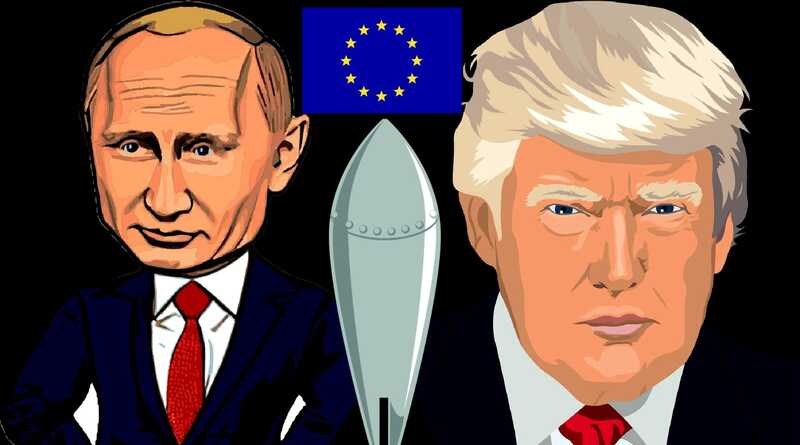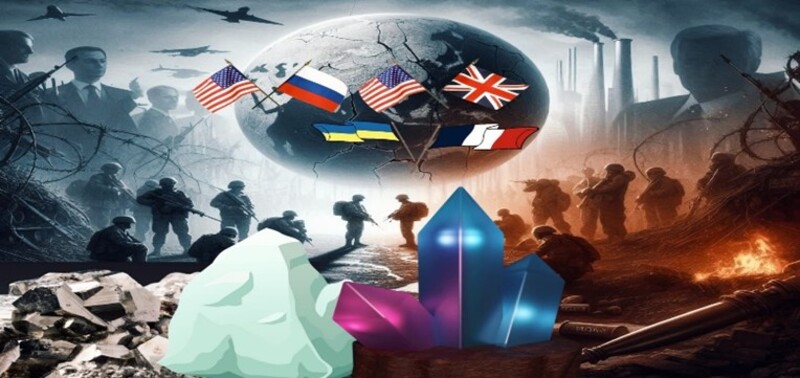 A pact between U.S President Donald Trump and Vladimir Putin sees Europe push for homegrown nuclear deterrence. Photo Credits: Pixabay
A pact between U.S President Donald Trump and Vladimir Putin sees Europe push for homegrown nuclear deterrence. Photo Credits: Pixabay
Europe’s Push For Homegrown Nuclear Deterrent Amid Trump's Alignment With Russia's President Putin
Europe
Politics
Shift in European Geopolitics
The geopolitics of Europe are undergoing a dramatic shift as U.S. President Donald Trump draws closer to Russian President Vladimir Putin. This evolving relationship, driven by strategic interests such as U.S. access to critical minerals from Ukraine, has strengthened economic ties with Russia. In response, European leaders are reassessing their reliance on the United States for nuclear protection, exploring options for an indigenous nuclear deterrent.
A Pivot in U.S. Foreign Policy
Since returning to the White House, President Trump has introduced policies reflecting alignment with Vladimir Putin. His remarks on finding common ground and accusations against Ukraine for the ongoing conflict have surprised European leaders, creating doubts about America’s commitment to NATO and its mutual defense clause—a cornerstone of European security since the Cold War.
European Leaders’ Push for Strategic Autonomy
Friedrich Merz, a leading German politician and potential future chancellor, has advocated for nuclear discussions with the United Kingdom and France—the two European nuclear powers—marking a significant departure from Germany’s traditional reliance on U.S. nuclear defense through NATO. French President Emmanuel Macron’s longstanding push for a “Europeanised” French nuclear deterrent has gained renewed traction in light of current events.
Potential Redefinition of NATO and European Security
The drive towards a national nuclear deterrent poses profound implications for NATO. Should European powers develop their nuclear weapons, the alliance’s defense policy may need to be redefined. Recent threats by U.S. Vice President JD Vance to withdraw American troops from Germany underscore the urgency of enhanced European defense capabilities. These shifts may compel NATO allies to reassess their strategic commitments.
Global Impacts of a U.S.-Russia Alignment
Trump’s alignment with Putin, combined with the pursuit of a deal regarding Ukraine’s mineral resources, extends beyond Europe. A potential U.S.-Russia alliance could alter global power dynamics, influencing trade routes, energy security, and international relations. For Europe, developing an indigenous nuclear deterrent represents a pathway to strategic independence amid these geopolitical complexities.
Europe’s Path Forward
As Europe navigates these challenges, decisions made by its leaders will profoundly impact the continent’s security and defense future. Achieving strategic autonomy may redefine Europe’s role on the global stage while shaping its response to shifting alliances and evolving power dynamics.
